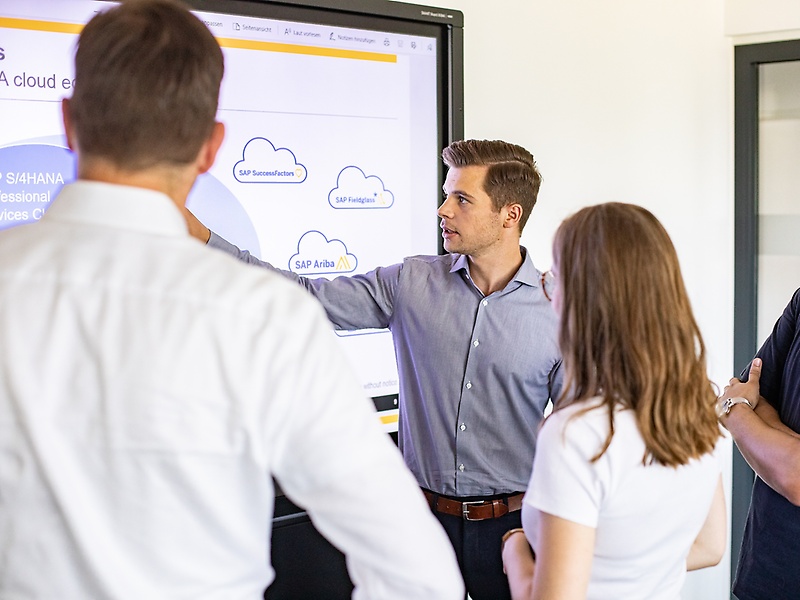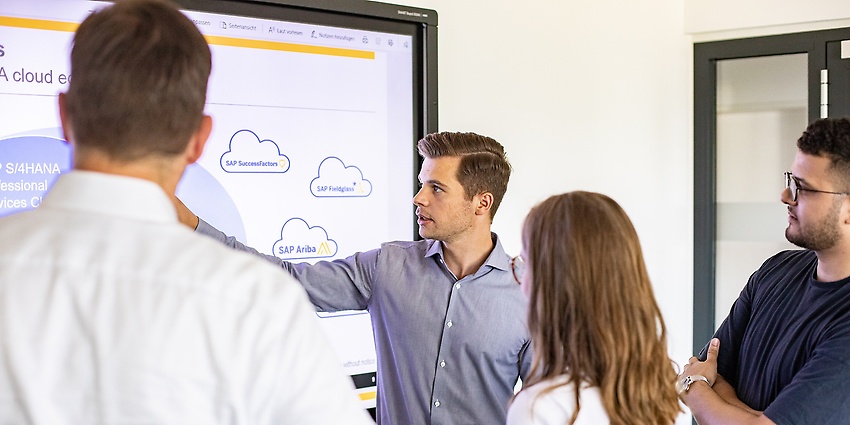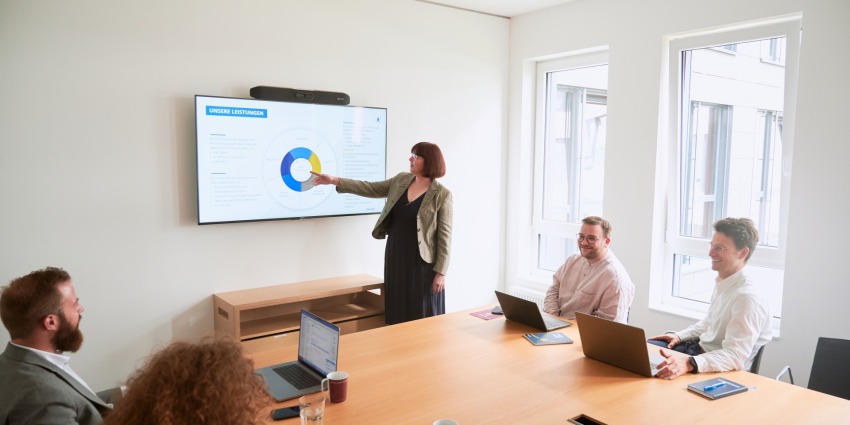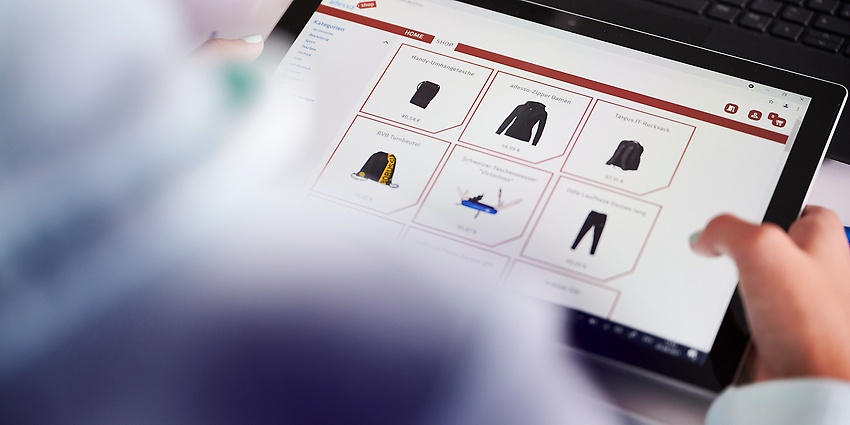Technology-driven change is reshaping the way you work, compete and grow. You might face pressure to modernise services, meet rising customer expectations, stay compliant with complex regulations and deliver sustainable growth while keeping innovation moving forward.
At adesso, we understand those challenges. We bring deep industry insight, proven methodologies and advanced technology to help you achieve measurable results. From strategy to implementation, we work right alongside you because the best outcomes happen when people and technology grow together.














